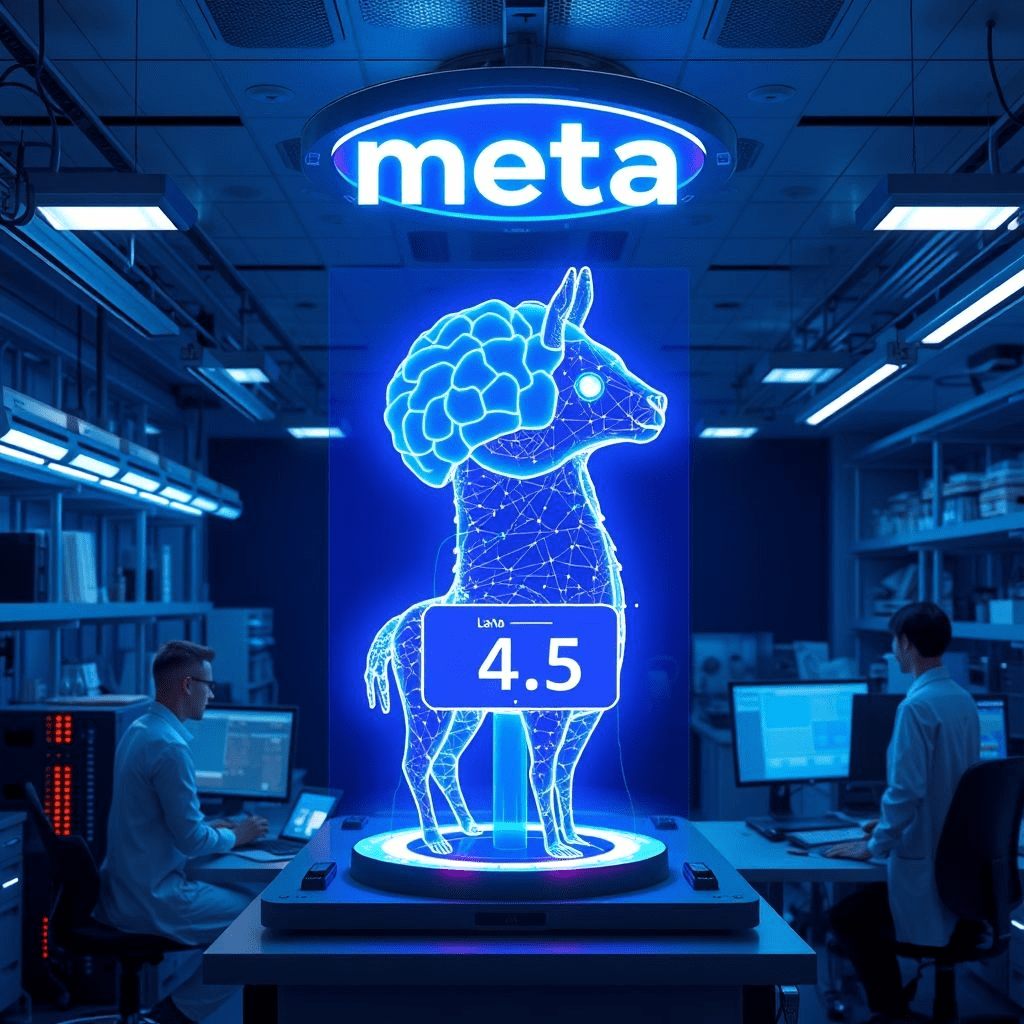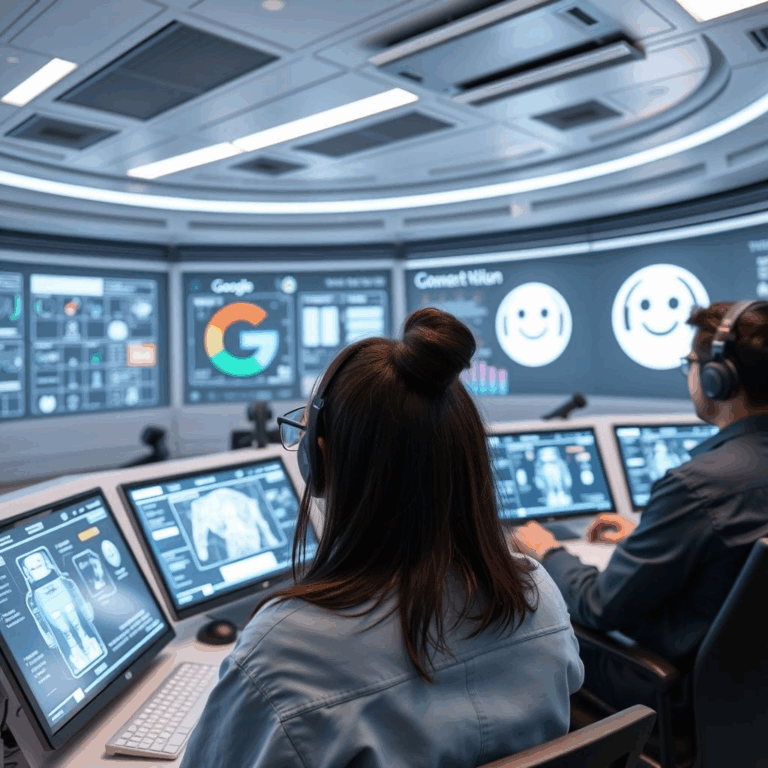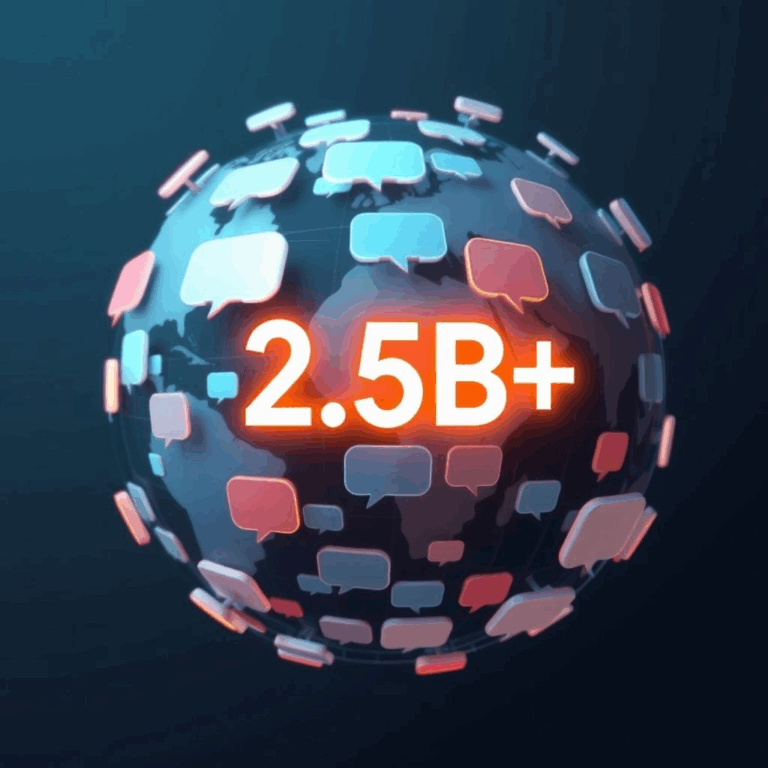Introduction: A New Era for Meta’s AI Ambitions
Meta has officially launched TBD Lab, a dedicated research division tasked with pushing the frontiers of artificial general intelligence (AGI) and superintelligence. Announced on August 8, 2025, the lab will lead the development of Llama 4.5, the next iteration of Meta’s open-source large language model series, with a focus on reasoning capabilities, safety alignment, and long-term AI reliability.
The move positions Meta in direct competition with AI giants like OpenAI, Google DeepMind, Anthropic, and Baidu, while reinforcing its commitment to open AI development—even in the face of mounting global regulatory pressure.
Background: Meta’s AI Journey to Superintelligence
Meta’s AI journey began with the launch of its LLaMA (Large Language Model Meta AI) family in early 2023, intended as an open alternative to proprietary models. LLaMA 2 and LLaMA 3 quickly gained traction in the developer community for their transparency and accessibility.
However, by mid-2025, the conversation around AI had shifted. The world’s leading AI companies began emphasizing “superintelligence” — AI systems that outperform humans in nearly all economically valuable work. This concept raised urgent safety, governance, and competitive concerns.
TBD Lab, whose name stands for “To Be Determined” (a nod to AI’s evolving nature), will serve as Meta’s centralized hub for superintelligence research, safety, and policy integration.
What Happened: The Launch and Its Goals
Meta’s announcement outlined three core objectives for TBD Lab:
- Develop Llama 4.5 with Advanced Reasoning
Unlike its predecessors, Llama 4.5 will prioritize complex reasoning, context retention, and multi-step problem-solving, making it more competitive with OpenAI’s GPT-5 and Anthropic’s Claude 4 series. - Build Safe Superintelligence
TBD Lab is tasked with creating AI systems that not only perform better than humans but also align closely with human values, ethical constraints, and societal benefit. - Integrate AI into Meta’s Ecosystem
The research will feed directly into products like Facebook, Instagram, Threads, and the company’s AR/VR metaverse projects, enabling safer AI-driven content moderation, real-time translation, and personal AI assistants.
Expert Insights: Why TBD Lab Matters
AI safety researchers have praised the launch for its explicit commitment to open science in the superintelligence race.
“Open development with clear safety protocols is essential,” said Dr. Elena Torres, an AI governance researcher at the Oxford Internet Institute. “If Meta delivers on its transparency promise with Llama 4.5, it could set a precedent for the entire industry.”
Others are more skeptical, citing Meta’s history of algorithmic controversies.
“The challenge isn’t building superintelligence—it’s making sure it doesn’t cause harm,” noted Daniel Kim, a policy advisor for the AI Ethics Council. “Meta will need to back up its promises with verifiable safety tests.”
The Llama 4.5 Advantage
Meta says Llama 4.5 will introduce:
- Chain-of-thought reasoning for multi-step tasks.
- Extended context windows to handle larger documents and maintain conversation history over long sessions.
- Multimodal capabilities, integrating image, video, and speech understanding.
- Safety-tuned outputs, reducing harmful or biased completions by up to 70% over Llama 3.
Impact on the AI Landscape
- Open-source dominance: Llama 4.5 could become the leading open-source alternative to closed models like GPT-5.
- Developer empowerment: Startups can fine-tune Llama 4.5 without paying high API fees.
- Regulatory pressure: Meta’s openness will likely be tested against upcoming EU AI regulations.
Future Outlook
TBD Lab is expected to release Llama 4.5 in Q4 2025, with a fully open-source license. Long-term, Meta aims to use TBD Lab as the foundation for “Llama 5” — a model that may cross the superintelligence threshold.







